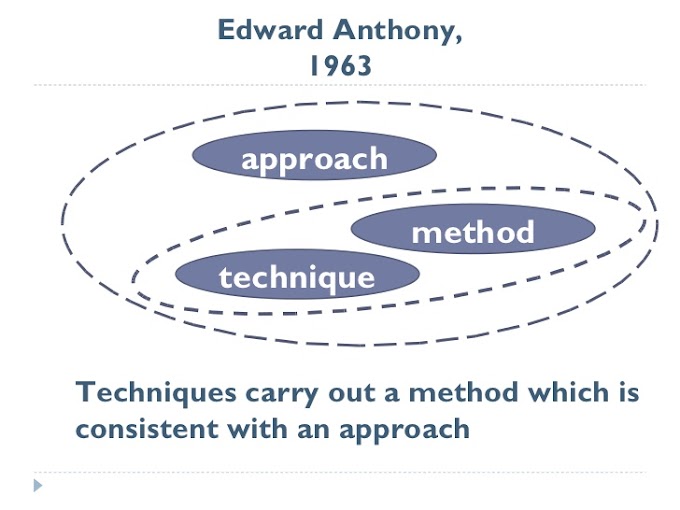Captain Bluntschli and Major Sergius are tow important characters of Arms and the Man. They are poles apart, though they are indispensable to the theme of the play. Sergius holds romantic views about war and love, and Bluntschli exposes them. Bluntschli is a professional soldier, a realist, an able soldier and well integrated person, while Sergius is a romanticist, unprofessional and multiple personality.
Captain Bluntschli is a professional soldier who fights not for romance but for money. He has no special charm for the profession of soldiering. He fights when he is forced but is glad if he can avoid fighting. He knows that soldiers are afraid of death and most if the soldiers are born fools. From his experience he has learnt that food is more useful than ammunition in the battle field. Sergius, on the other hand, holds romantic view about war and soldiering. To him war is an opportunity to display bravery and patriotism. To show his courage he acts like an utter fool in leading a cavalry charge against a battery of machine guns.
They are quite different as lovers. Sergius is a romantic lover while Bluntschli is a prosaic lover. Sergius is full of romantic illusion about idealistic love. His love for Raina is an illusion. He talks of higher love for Raina. But as soon as she goes out of his sight he begins to flirt with the maid-servant, Louka. But Bluntschli is just the opposite of Sergius. He never thinks of winning the heart of Raina. He has not even looked at her photo put in the pocket of the old coat. He has no emotional urge to flirt with any girl. He agrees to marry Raina only when Sergius declares to marry Louka and when Raina says that she is not a school girl of seventeen but a woman of twenty-three.
Bluntschli is an able soldier. He has practical knowledge about war and soldiering. But Sergius, according to Bluntschli, is a novice. Sergius’ lack of practical knowledge is shown in his cavalry charge against the artillery because if the Serbians had the right kind of ammunition, the Bulgarians could be massacred. This contrast of ammunition, the Bulgarians could be massacred. This contrast is again reinforced when Petkoff faces difficulty in sending out three cavalry regiments to Philippopolis. On this occasion Sergius is unable to help him but Bluntschli solves the problem. He does all the work for the disposal of the regiments and Sergius only signs his name. Sergius himself admits his deficiency by saying, “This hand is more accustomed to the sword than to the pen.”
Bluntschli is calm and quiet under all circumstances while Sergius is hot tempered. When Bluntschli takes shelter in Raina’s bedroom, he faces the situation in cold blood though he is in great danger. Even when Sergius challenges him to a duel he accepts it light heartedly. But Sergius is hot tempered. When he is not promoted, he resigned his post. When Louka says that Raina will marry the Swiss officer, he becomes so angry that he catches hold of Louka’s hands so tightlh so as to hurt her. He then openly accuses Raina and Bluntschli of making love to each other.
Another point of contrast between them is that while Bluntschli is a well-integrated personality, Sergius is a split personality. Sergius tells Louka that he is half a dozen men in one. He has six selves---a hero, a buffoon, a humbug, a blackguard, a coward and a jealous man. Bluntschli, on the contraty, is a perfect combination of different personalities. He is a good soldier, a shrewd man and a sincere lover. So Sergius exclaims, “What a man! Is he a man!”
Bluntschli is Shaw’s mouthpiece. He is a Shavian hero. He is a hero, not in the romantic sense of the term. He is hero in the sense that he faces facts about war, soldiering, love, marriage, and human nature in general. A Shavian hero is a man in whom we recognise our own humanity and Bluntschli is the representative of average humanity. Sergius cannot be the hero of the play because he is exposed and ridiculed in the play through Bluntschli. He is at first a satirical portrait. But he changes and develops and becomes a disillusioned realist like Bluntschli in the end





0 Comments